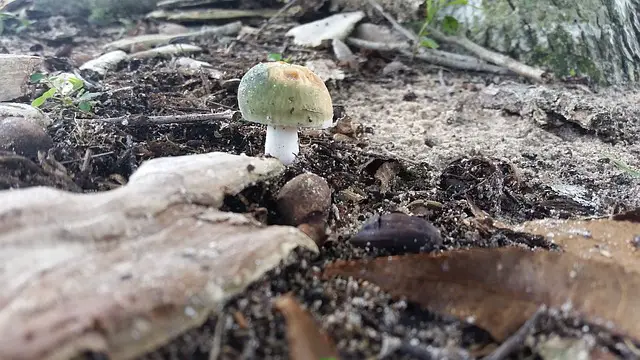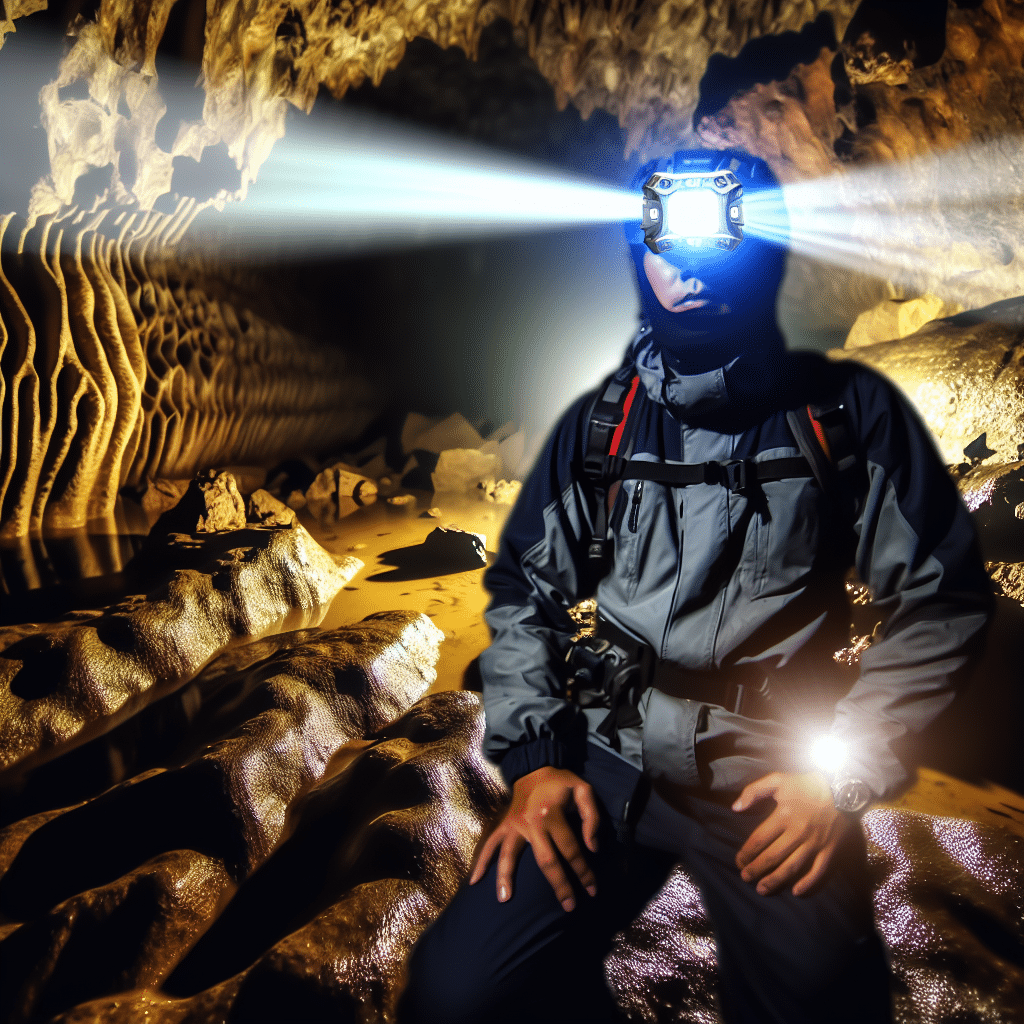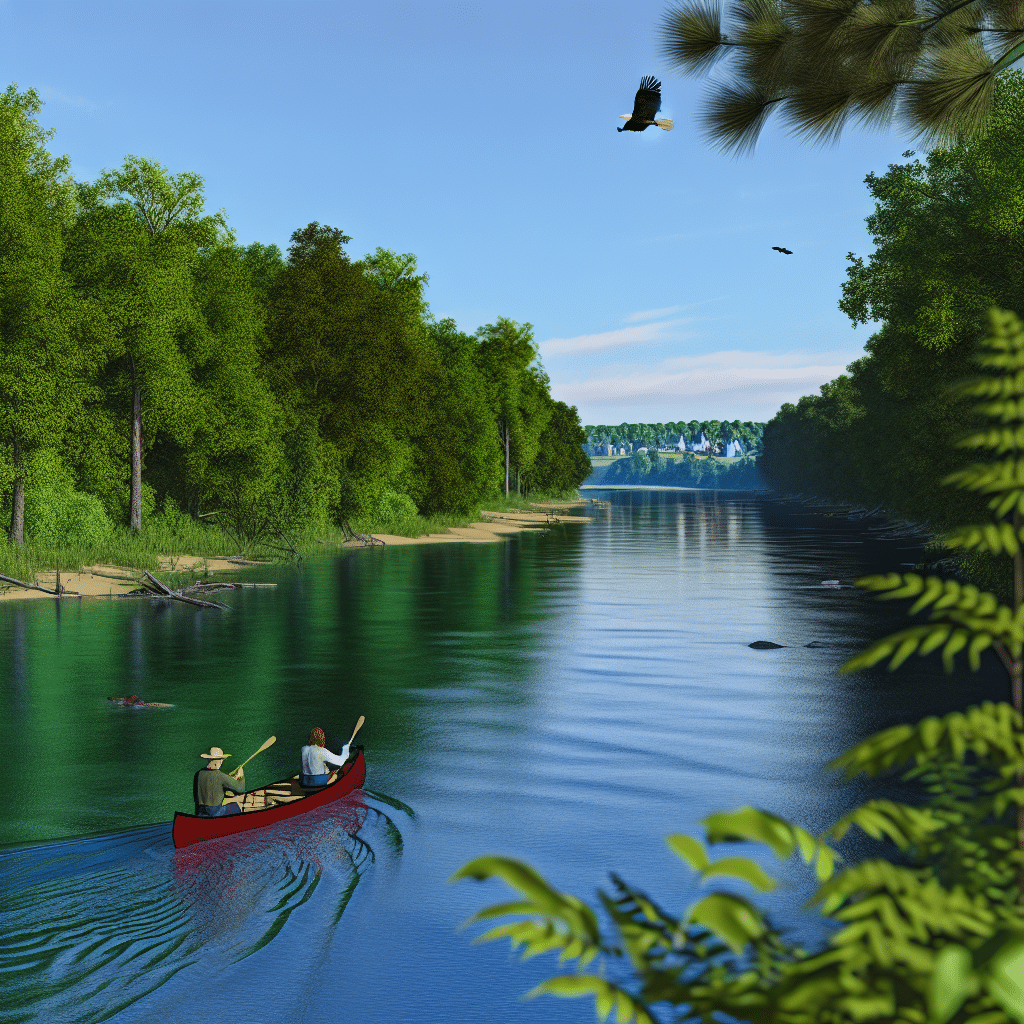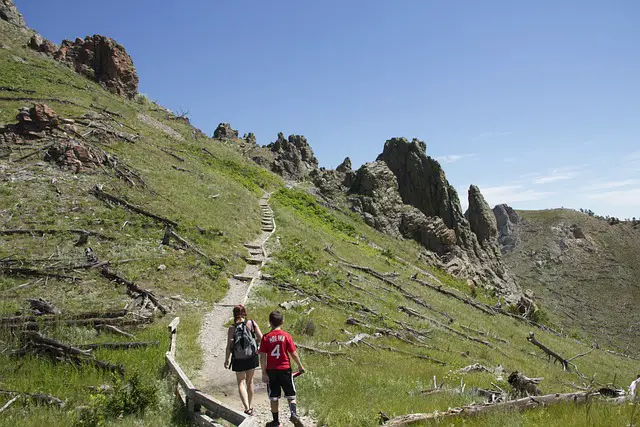Are you a nature enthusiast, forest forager, or just a mushroom lover living in Michigan? If yes, then this article is for you. We will take you through the nitty-gritty and essential aspects of acquiring a Michigan mushroom hunting license.
What’s the Michigan Mushroom Hunting License?
Many people question, “Do I need a license to hunt mushrooms in Michigan?” The short answer is, generally, no. Contrary to common misconception, Michigan does not require a special license solely for mushroom hunting. However, rules and regulations around foraging differ depending on public or private land, and commercial or personal use.
The Difference Between Public and Private Land
If you’re mushroom hunting on private land, with the owner’s permission, you’re good to go. No special permissions or licenses are required. However, when hunting on public land, regulations come into play.
Regulations for Mushroom Hunting in Michigan
Why are there regulations around mushroom hunting in Michigan, you ask? This is to ensure sustainable foraging, preservation of natural habitats and, in the case of state parks or protected forests, the welfare of wildlife.
Michigan’s Department of Natural Resources (DNR) manages public lands. Typically, foraging for personal use is allowed; however, commercial foraging often requires a permit. For instance, if you plan to sell the mushrooms you’ve gathered, you’d need to apply for a Commercial Forest Product Permit.
When Do You Need a Permit?
The Commercial Forest Product Permit is required when you intend to sell mushrooms or other forest products obtained from state-owned land. However, the DNR has a list of exempted forest products that don’t need a permit for collection and sale, and this exemption includes mushrooms.
How to Maintain Sustainable Mushroom Hunting Practices?
One might question, “How do I ensure that my hobby doesn’t harm the environment?” While no specific license mandates sustainable practices, it’s essential to follow ethical foraging guidelines. These include taking only what you need, not damaging the habitat, and properly identifying the mushrooms you pick to avoid reducing populations of rare species.
Respecting the Habitat and Wildlife
Preserving the ecosystem is the responsibility of every mushroom hunter. You should never cut or damage trees or other vegetation during your hunt. Also, avoid disturbing wildlife, as many animals rely on mushrooms as a food source.
Conclusion: Michigan Mushroom Hunting License
So, do you need a Michigan mushroom hunting license? Not really. But, it’s crucial to know the rules and regulations around mushroom hunting – whether on public or private land, for personal use, or commercial sale. As a responsible forager, always make sure to adhere to ethical practices, respect the environment, and contribute to the sustainability of our precious natural resources. Happy mushroom hunting!




